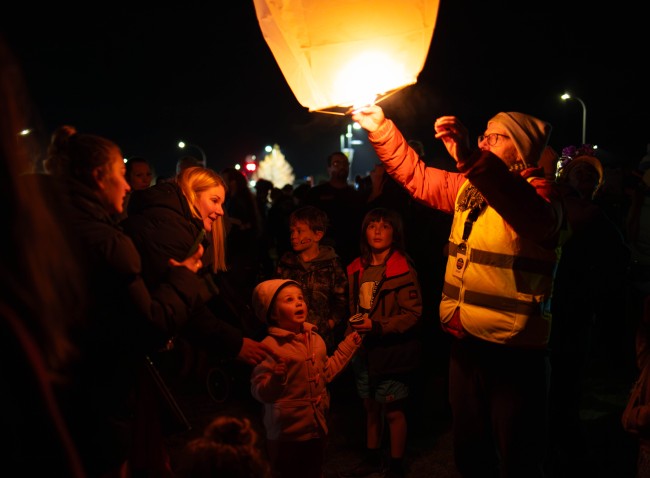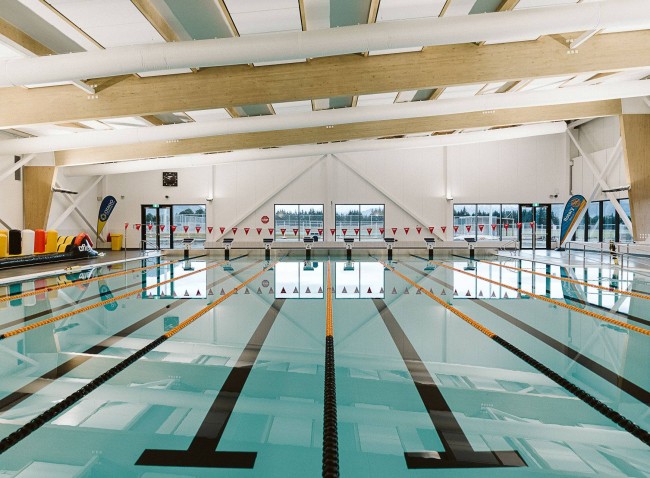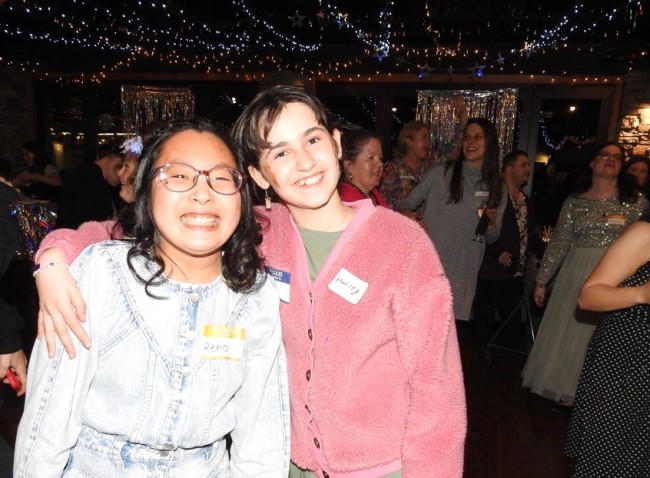
Workshops aiming to build resilience into Queenstown Lakes fragile food system
Growing and producing food close to home can help shore up supply and be better for the planet, and now a local programme investigating how the district can do just that is ramping up its work.
Wao Aotearoa is bringing one of the world's leading minds on building food resilience to Queenstown and Wānaka for a series of community workshops.
Emily King has been recognised as one of Food Tank’s top 20 global food leaders under 40 and one of the Top 50 Women in Food and Drink Aotearoa New Zealand 2024 for her work in food system transformation.
Having grown up on a North Island dairy farm, before studying environmental science and law at university, Ms King is the founder of Spira Food System Academy, dedicated to providing Kiwi businesses with access to insights and training tailored to the local context, empowering them to contribute positively to system change.
As part of the Queenstown Lakes' Food Resilience Project, Ms King will work with handpicked local participants to develop district-wide solutions for enhancing food resilience.
According a report commissioned earlier in the project, if the Southern Lakes were cut off from the rest of the country its supermarket stores could feed residents and visitors for a week - after that, it's estimated that one Hercules aircraft would need to land every 21 minutes full of food to keep everyone going.
Julia Blackford, the Food Resilience Project Lead at Wao Aotearoa, says Ms King's "expertise and dedication to fostering positive change in the food system" will make her a "perfect guide" for next week's sessions.
Ms Blackford says a key objective of the workshops is the formation of a network of locals focused on food resilience.
"The time has come to begin to build food resilience back into our community, for our own health, sufficiency, economy, and connectedness.
"We have a food system that is passionate, innovative, and has the ability to form the basis of a thriving localised food system.
"The formation of a Food Resilience Network is perhaps the best first step we can take to realising the food future we want for ourselves, our community, and our future generations."
Ms King is the author of 'Re-food', published last year and exploring New Zealand's "troubled" food networks, including the challenges being faced with soils, waterways, climate change, food waste, packaging, unhealthy diets, and a lack of access to food.
Her workshops will run on May 21 and May 22 in Queenstown and Wānaka.
The workshops signal a shift into the second phase of the Food Resilience Project, which receives funding from the Queenstown Lakes District Council and addresses key actions in the council's Climate and Biodiversity Plan 2022-2025.
Main image (Supplied/Wao Aotearoa)





























